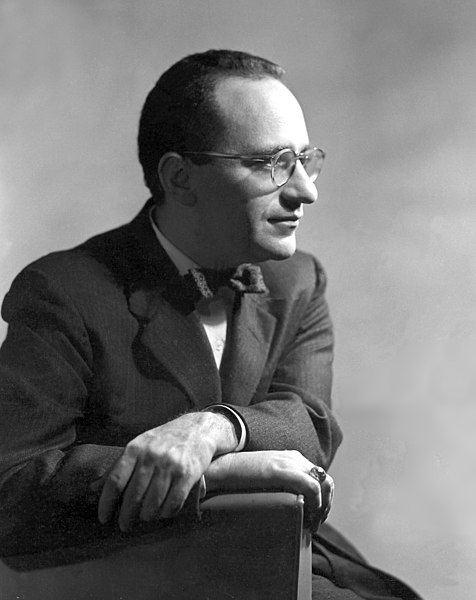State capitalism is an economic system in which the state undertakes business and commercial economic activity and where the means of production are nationalized as state-owned enterprises. The definition can also include the state dominance of corporatized government agencies or of public companies in which the state has controlling shares.
Friedrich Engels, who argued that state ownership does not do away with capitalism by itself
Mikhail Bakunin, who criticized state socialism as state capitalism, predicting that if the Marxists were successful in seizing power, they would create a party dictatorship
Wilhelm Liebknecht, who criticized Otto von Bismarck's State Socialism policy as being "really State capitalism"
Murray Rothbard, who advanced a right-libertarian analysis of state capitalism
An economic system, or economic order, is a system of production, resource allocation and distribution of goods and services within a society. It includes the combination of the various institutions, agencies, entities, decision-making processes, and patterns of consumption that comprise the economic structure of a given community.
Albert Einstein advocated for a socialist planned economy with his 1949 article "Why Socialism?"
Circulation model of economic flows for a closed market economy. In this model the use of natural resources and the generation of waste (like greenhouse gases) is not included.






